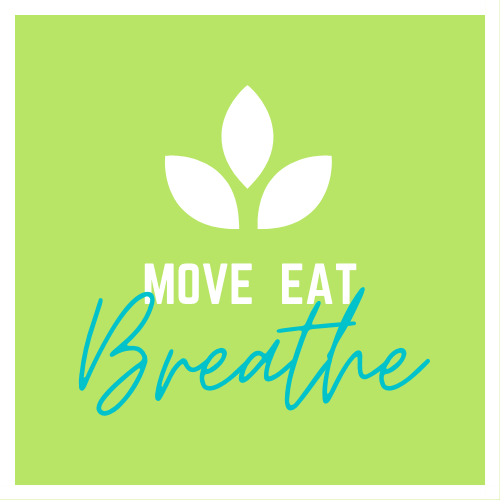On Rest
My dog had quite the day yesterday - playing with two of his friends, going out to brunch, walking around in the heat, learning to share his toys… he’s quite the lapdog, so it was more activity than he’s gotten in a while. Guess what? Today, he’s slept all afternoon.
Now, raise your hand if you’ve ever stayed in bed all afternoon after a busy day. Keep it up if you felt guilty for doing it.
Rest in our “hustle culture” is complicated. We tell ourselves stories about what, exactly, we need to accomplish to “deserve” rest, when we’re “allowed” to rest, and whether we actually need rest at all.
I fall into this trap myself. As someone who loves a to-do list, I’m always tempted to think that I need to check off every. single. item. before I take a rest. Spoiler alert: I never check them all off. Then, eventually, I crash - because no one can keep going forever! - and then I feel guilty for being “lazy” or not accomplishing enough to deserve to rest.
If any of this sounds familiar, you are not alone. Giving yourself permission to rest can be complex, especially because we all have unique relationships to rest. One thing I love doing as a health coach is helping women untangle their attitudes toward rest, where those attitudes come from, and how to make rest a more regular part of life - so that you don’t have that “crash” feeling. This may mean rethinking when you rest (even scheduling rest into the calendar) and also rethinking HOW you rest.
The primary way that I rest is by bingeing Netflix after work. Anyone else? Ever finished your Netflix binge and felt more exhausted than you were when you started? That’s a good sign that it probably wasn’t the right type of rest for you. Read on for five misconceptions about rest:
Rest is not sleep
Sleep is, of course, vitally important - and working toward those 7-9 hours per night can be a great goal for health coaching! But sleep and rest are not the same. Personally, I value and prioritize 8 hours of sleep per night, but I still feel exhausted and need regular rest. Just because you are getting adequate sleep, doesn’t mean that you are getting adequate rest.
Rest is not (always) stillness
Sure, sometimes, you may be physically worn out - after a major sports game, say, or spending an entire day touring a new city. In those cases, the Netflix binge or curling up with a book may be the right call. But especially if you work at a desk job that requires a lot of mental energy (and a lot of sitting), your brain may be exhausted while your body is brimming with energy that it couldn’t let out all day. You may be overwhelmed with tasks, or notifications, or just the light from your screen on your sixth Zoom call of the day. In that case, a hike or a yoga class may actually make you feel more rested than some more sitting and staring at screens when you get home.
Rest is not optional
It isn’t something that you can maybe get to after all the other stuff is done. In fact, if you’ve ever tried to act like you don’t actually need rest, you’ve likely noticed that when you don’t give it a rest, your body will take drastic action. In order to avoid illness or injury, rest needs to be a regular priority. It helps to think about how you might make rest a regular part of your life, in a way that works with your schedule. In some seasons, that may look like an hour of yoga each morning - in others, it may mean taking just three minutes to breathe. The busier and more hectic your life feels, the more important it is that you focus on fitting in rest where you can.
Rest is not weakness
Hustle culture tells us that we need to be doing more, accomplishing more, working more, all the time. If an activity isn’t “productive,” it doesn’t belong in our carefully scheduled day. And then you may have heard the opposite - that rest actually allows us to be more productive by reducing the risk of burnout or injury. This is true! But its relationship to productivity isn’t the only thing that makes rest worthwhile. Rest also matters because it gives us the space to feel like ourselves, and it is a beautiful way to allow ourselves grace and recognize our own limitations. Recognizing our need for rest shows us that we are not machines!
Rest is not one-size-fits-all
If you are just opening yourself up to the idea of taking regular rest, or if you feel that you do make time for rest but still feel exhausted or burnt out, I encourage you to explore. Maybe yoga isn’t working, and you’d feel more rested if you curled up with your pet for a few hours. Or maybe the couch is not a place of rest for you, and a long run or bike ride will feel more rejuvenating. Maybe what you actually need is more sleep, and a nap would be the best choice. As you continue to build your relationship with rest, you can learn to recognize the signs in your body when it asks for different types of breathing room.
Rest is a HUGE topic when it comes to overall wellness, and I’ve barely scratched the surface here. If you want to learn more, please contact me and we can talk about your own goals when it comes to rest.
